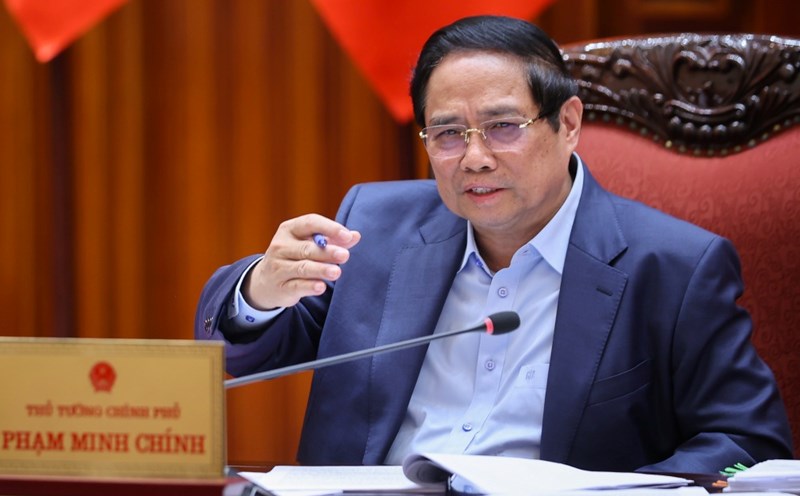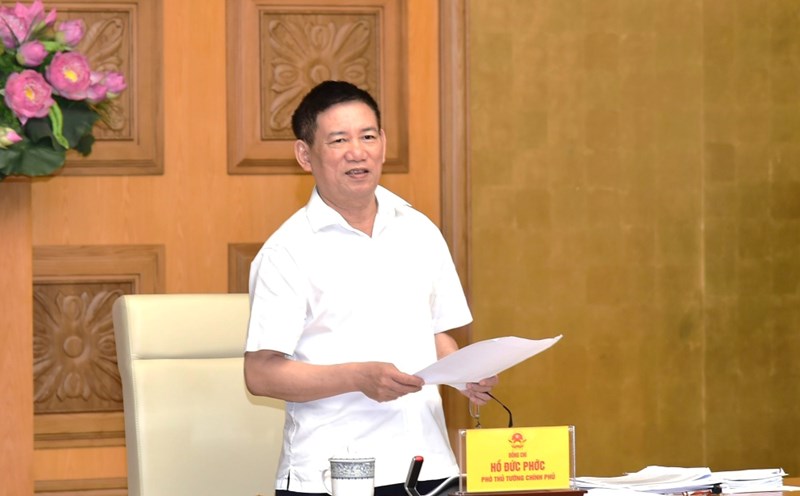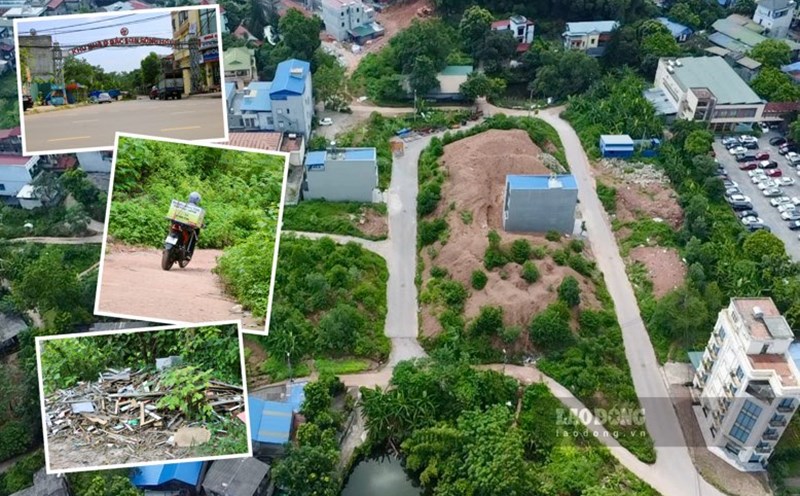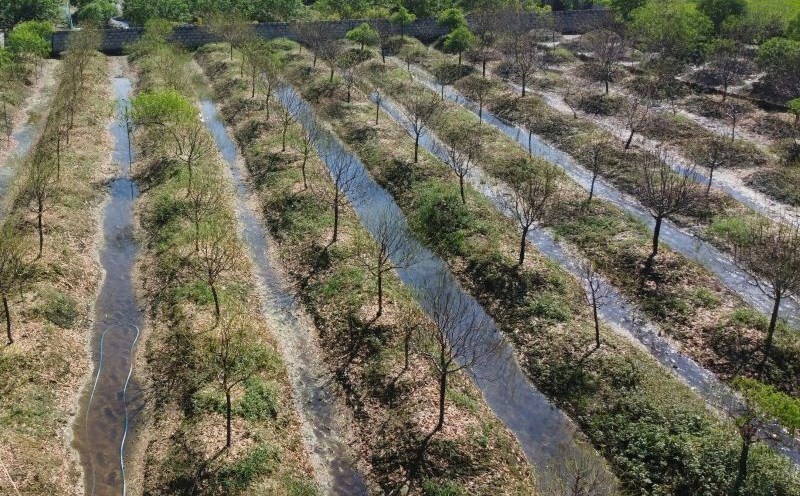On the evening of August 4, Politburo member and Prime Minister Pham Minh Chinh - Head of the National Steering Committee for the implementation of Resolution No. 68-NQ/TW of the Politburo on private economic development, chaired the first meeting of the Steering Committee.
According to the report at the meeting, June 2025 recorded a historic milestone when the number of newly established enterprises reached more than 24.4 thousand, an increase of 60.5% over the same period in 2024, twice as high as the average for the period 2021-2024.
In July 2025, the country had more than 16.5 thousand registered enterprises, bringing the total number of enterprises established in the first 7 months of the year to 107.7 thousand, an increase of 10.6%; the additional capital of operating enterprises reached more than 2.4 million billion VND, an increase of more than 186% over the same period in 2024.
In July 2025, the whole country had 61,460 newly established business households with registered capital reaching 12.4 trillion VND, bringing the total number of business households established in the first 7 months to nearly 536,200 households, an increase of 165% over the same period.
In the first 6 months of 2025, nearly 13,700 business households paid convertible corporate income tax to tax according to the declaration method and nearly 1,480 business households converted into enterprises.
In the first 7 months of the year, more than 66,300 enterprises were also recorded to have returned to operation, an increase of nearly 50% over the same period, of which nearly 15,000 enterprises returned to operation in July alone, an increase of more than 78% over the same period.
As of July 2025, nearly 56,700 business households have registered to use electronic invoices generated from cash registers, reaching more than 150% of the plan.
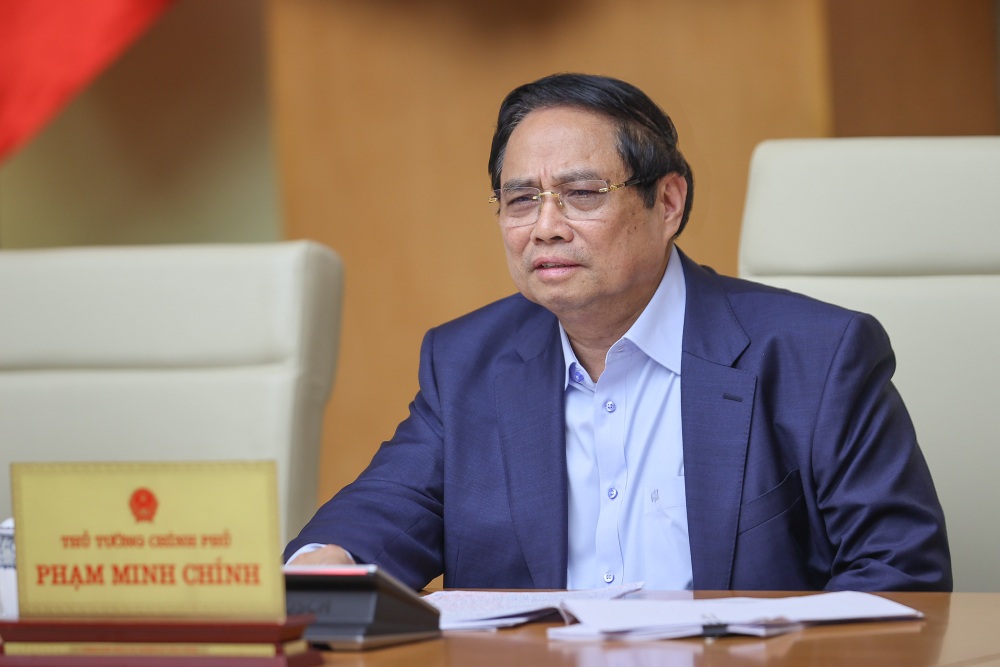
In his concluding remarks, the Prime Minister frankly pointed out that in general, changes are still slower than required, especially mechanisms and policies to meet stronger, faster and more efficient development of businesses.
Administrative procedures and decentralization of power are still stuck at the central and local levels; support resources are limited in terms of mechanisms, policies and financial resources.
Pointing out specific tasks and solutions, the Prime Minister directed the Government Office to develop a roadmap to reduce procedures, reduce time and costs for implementing administrative procedures; promote decentralization and delegation of authority to localities in handling administrative procedures.
Localities supplement and complete planning to develop new projects, publicly calling on investors for equal, public and transparent access.
The Ministry of Finance will develop a group of policies to support small and medium-sized enterprises and business households in tax and tax procedures, connect taxes, promote business households to become large enterprises, small enterprises to become large enterprises, large enterprises to become global and multinational enterprises.
The Ministry of Finance is also assigned the task of developing an infrastructure support mechanism (electricity, land rent, fees, charges).
The head of the Government also requested the development of criteria to assess the satisfaction of people and businesses, criteria to measure and reflect the results of serving people and businesses.
18/34 localities that have not yet built must develop action plans to implement the Resolution. Along with that, the Private Economic Development Research Board of the Advisory Council for Administrative Procedure Reform continues to grasp and evaluate the implementation of the Resolution, ensuring accuracy, no pink painting, no black butter.
Along with that, build a monitoring mechanism, strengthen supervision of the Vietnam Fatherland Front and socio-political organizations; develop a monitoring plan for localities.

